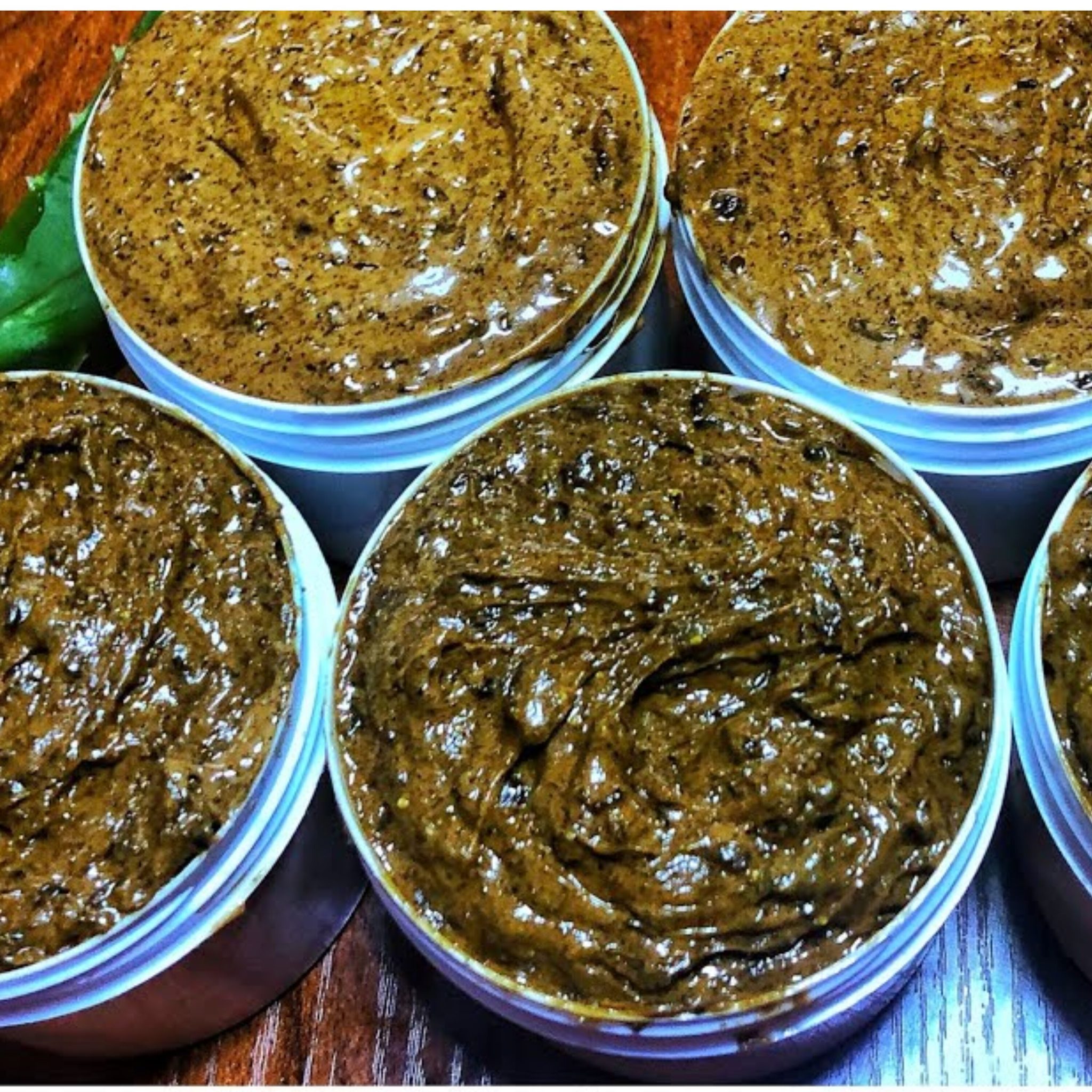African black soap, known for its natural healing properties, is a traditional skincare gem that originates from West Africa. It is typically made from locally harvested plants such as plantain skins, cocoa pods, palm tree leaves, and shea tree bark. This soap is renowned for its ability to help combat acne, soothe eczema, reduce blemishes, and deeply cleanse the skin without stripping it of moisture. Making your own organic African black soap allows you to customize ingredients to suit your skin type while ensuring all components are natural and ethically sourced.
Ingredients You’ll Need:
Plantain Skins: Rich in vitamins A and E and iron.
Cocoa Pods: High in antioxidants.
Palm Oil: Contains vitamin E and red palm oil is especially beneficial for its high tocopherol content.
Coconut Oil: Adds lathering and moisturizing properties.
Shea Butter: For its moisturizing and skin-soothing benefits.
Essential Oils (optional): For fragrance and added skin benefits.
Water: Distilled water is preferred for purity.
Tools Needed:
Gloves: To protect your hands during the soap-making process.
A large pot or cauldron: For cooking the soap mixture.
Wooden spoon: For stirring.
Mold: Any shape or size, depending on your preference.
Blender or food processor: For grinding the plant materials.
Steps to Make Your Own African Black Soap:
Prepare the Ash:
Sun-dry plantain skins, cocoa pods, and palm leaves. Once dried, burn them to ash in a clean, stainless steel pot. The ash is key to the soap as it contains the potash that saponifies the oils.
Mix Oils and Ash:
Boil water and add it to the ash to create potash lye.
In a separate pot, gently heat the palm oil, coconut oil, and shea butter until fully melted.
Slowly add the potash lye to the oil mixture while stirring continuously. Be cautious as this reaction can be quite exothermic (produces heat).
Cook the Soap:

